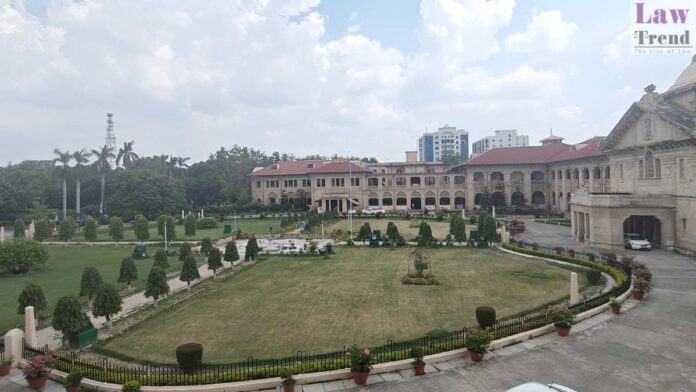The Allahabad High Court has called for the establishment of a compensation mechanism for individuals wrongfully prosecuted, citing concerns over trial court decisions influenced by reputational and career pressures. Justices Siddharth and Syed Qamar Hasan Rizvi highlighted these issues while acquitting a man who spent over 13 years in prison for a crime he did not commit.
The man was initially accused in 2009 of dowry-related offenses and later, murder, following the death of his wife who was found to have been pregnant. The High Court noted the trial court’s failure to provide the accused with a fair chance to defend against the escalated murder charge, leading to a wrongful conviction.
In their ruling on October 25, the justices pointed out the absence of a robust framework for compensating those wrongfully convicted, an oversight they found disappointing given the provisions of Articles 14 (equality before the law) and 21 (protection of life and personal liberty) of the Constitution. The court criticized the newly enacted Bhartiya Nagrik Suraksha Sanhita, 2023, for not addressing the issues faced by wrongfully prosecuted individuals.
The court described the profound social and emotional challenges that wrongfully convicted individuals face upon release, often struggling to reintegrate into society and resume normal life with their families. They underscored the necessity for the state to implement measures that provide financial compensation to help alleviate these struggles and prevent the acquitted from becoming financial burdens on their families.
This case sheds light on the fear among trial judges of potential repercussions from higher courts, which can lead to convictions in cases that should rightfully result in acquittal. The court lamented that despite previous isolated judgments awarding compensation through writ jurisdiction, a consistent and fair compensation model remains lacking across the judicial system.




